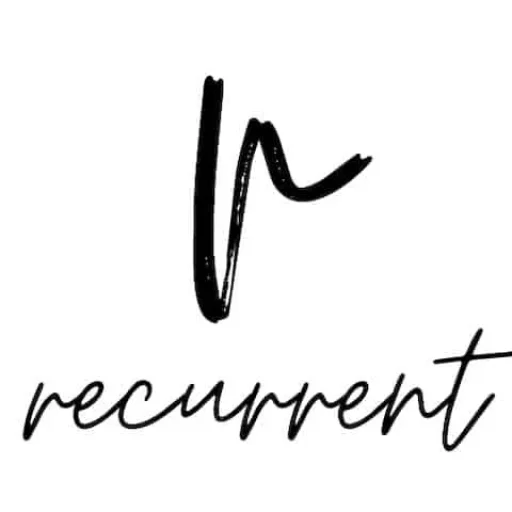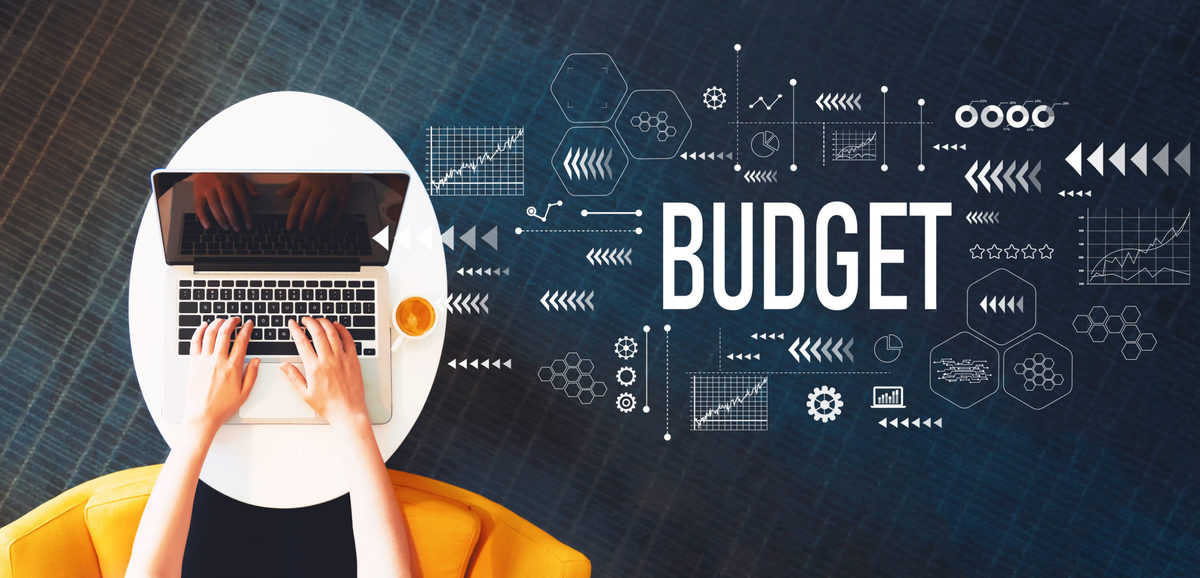Budgeting is often a dirty word. I know I cringed whenever I heard the word in conversation.
It wasn’t because I couldn’t do the math, or that I could knock a budget up quickly in a simple spreadsheet, rather it was because I was afraid of what it would reveal.
You might think you’re financially okay. You have money in your bank account, you’re currently healthy, and there are no immediate financial risks on the horizon.
What could go wrong?
Unfortunately, it’s not until it’s too late we then realise what we should have been doing before the problem arrived on our doorstep.
In this article I’d like to highlight the benefits of budgeting and stress its importance.
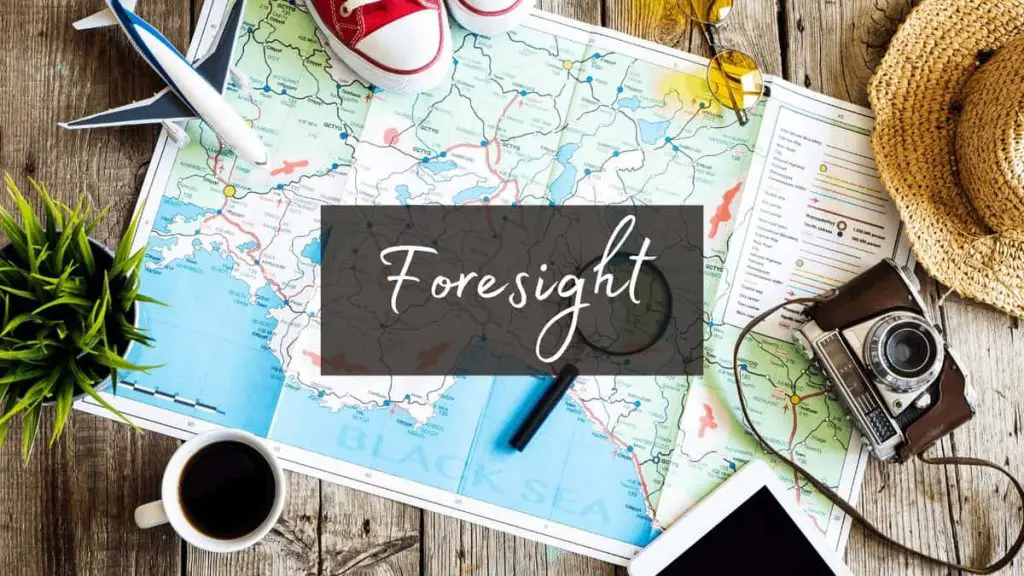
1. Budgeting Develops Your Foresight
Every month when you sit down in front of your budgeting tool, whether it be a budgeting app, or a budgeting spreadsheet, or some other tool that helps you to complete the task you begin to engage in forecasting.
Budgeting is the skill of managing what you think will happen and realising what actually happens.
This makes you more aware of consequences of your every-day decision-making process. It allows you to stop, think about the intended financial consequence of a decision and with the data in mind make the right choice.
There have been several times since I started budgeting where I will now say no to an invitation if I know my monthly budget will be tight, or if there have been additional expenses spent in certain categories that I didn’t foresee. It has helped me to have better control over the higher discretionary spending in my budget categories.
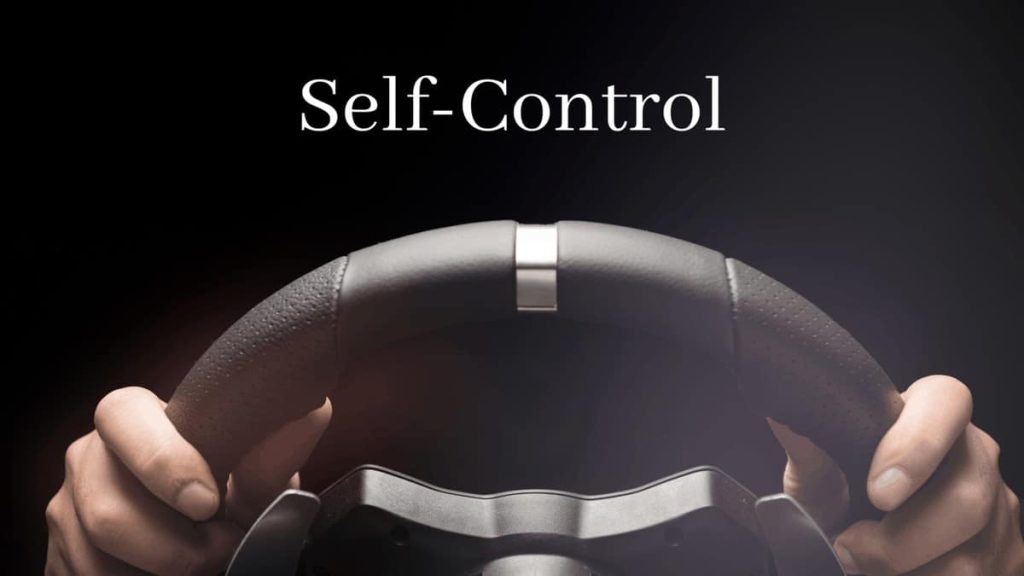
2. Budgeting Increases Your Self-Control
Due to the ability to forecast and monitor your spending to your budget throughout the month you are more acute to your spending habits. This helps you to maintain a sense of self-control when you realise you need to control a certain category if it happens to have been over-spent.
If you have a strong reason for why you’re budgeting, such as to pay off your mortgage earlier, or to pay other debts off, then you’re more inclined to say no to those highly discretionary spends throughout the month.
Another thing you also begin to appreciate is that in areas where spending can get a little out of hand, such as clothing (to remain fashionable) you tend not to care about the opinions of others on what you do or wear. Those who like wearing the fashionable clothing tend to be up to their eyeballs in debt, and would prefer to look rich rather than be wealthy.
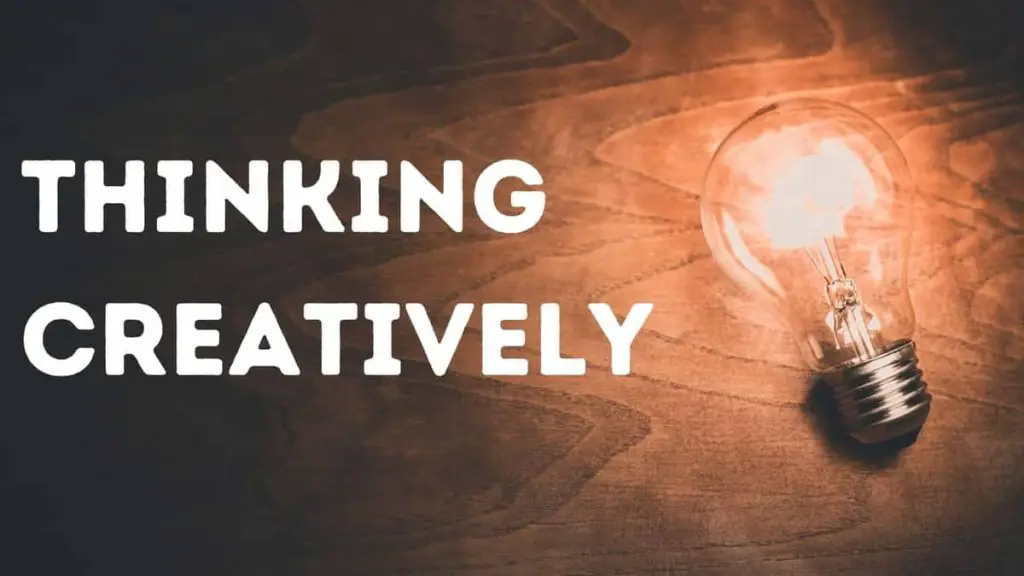
3. Budgeting Develops Your Creative Problem-Solving Skills
When you stop throwing money as the solution to all your problems you tend to think more about solving the problem through other means. For example, instead of buying a book or renting a movie from the store, why not check if it’s available from the library for free?
When you engage your mind into thinking more about a problem you increase your capacity to solve problems.
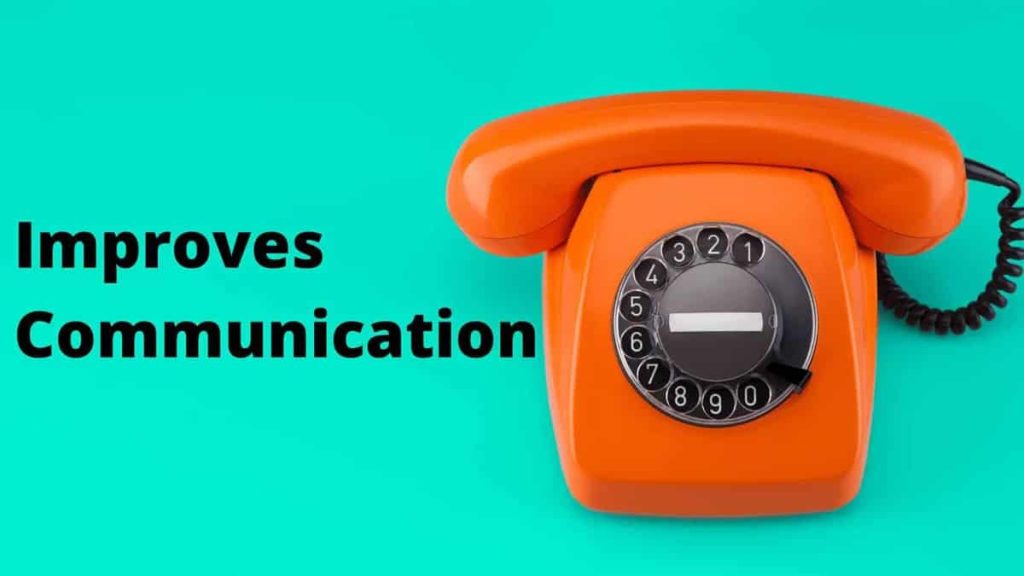
4. Improves Communication In Your Relationship
If you’re married you will have significantly fewer fights over how you both handle your money.
Why?
If you budget right, by budgeting with your spouse at the beginning of the month and both agree on how much you’d like to spend on certain categories every month you are communicating your intent to one another. As this process has been done at the beginning of the month its already agreed upon and therefore when the expenditure happens it comes as no surprise to anybody.
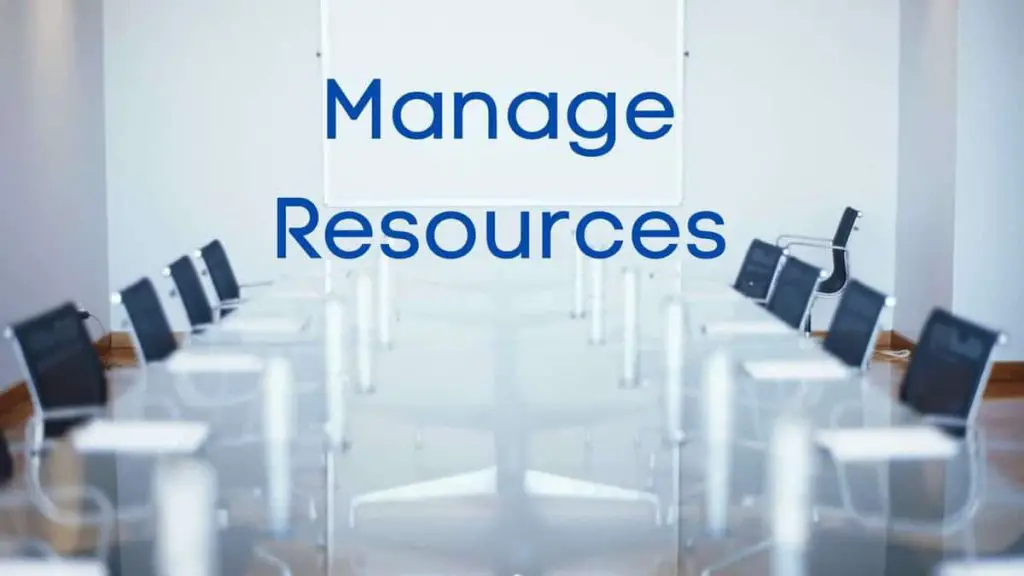
5. Budgeting Builds Your Management Skills
A good manager is someone who can take the available resources at their disposal and allocate them to their most effective usage to complete the task ahead. The same can be said when you start budgeting.
When you look at the cash inflows and compare them to the cash outflows you begin to realise how much money is helping to meet your intended goals. Should an expense not help in achieving the intended goal then the resources spent in that area should be cut or minimised and put to more effective use elsewhere.
Continual monitoring of your progress throughout the month will also help you to make decisions should something come up through the month when you would like to re-allocate spending from one category to another. You get to manage the total allocation of spending by shuffling resources as you deem necessary, just as any effective and good manager would.
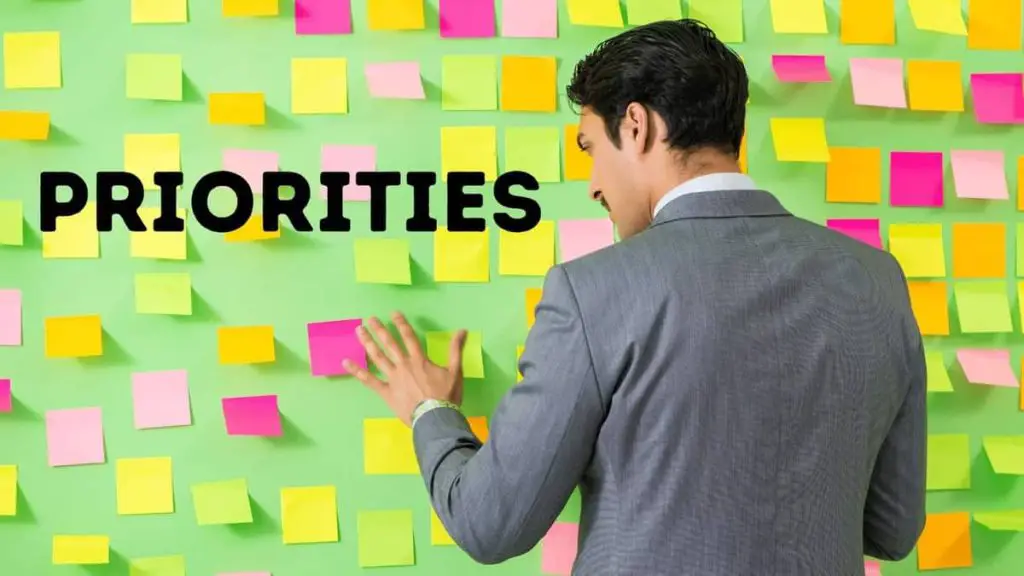
6. Budgeting Helps To Prioritise & Reduce Waste
If you don’t know what you’re trying to achieve, then you don’t know what’s important.
By creating a budget what you are engaging in a method to monitor and restrict your spending to predefined amounts. However, if you don’t tie your budgets to a purpose on what you want achieve then you’ll find a budget doesn’t do anything.
It will only be a spreadsheet or piece of paper detailing what will happen, but with no real consequences on its results.
By creating a budget with a meaningful purpose in mind, such as paying off all your debts, including your mortgage, then it allows you to focus on getting that goal done. Therefore, with a burning desire to get the goal achieved it means when you go through your budgeted items there will be things you no longer want to purchase.
You’ll begin to see what’s waste and what helps to achieve your desired goals. You start to prioritise spending, or not spending with certain categories.
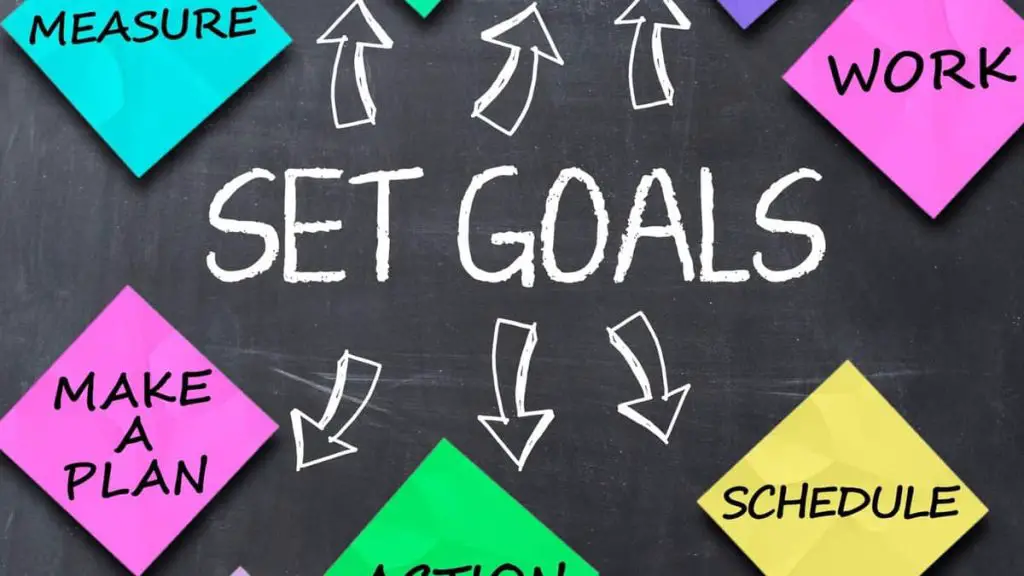
7. Budgeting Builds Your Goal-Setting Ability
Setting goals is a difficult skill to obtain, because few do it, and many don’t stick to what they write down. Through many months of practice you’ll begin to see how you’re going with your budgets and through projection be able to see how long it will take to achieve a financial goal.
You’ll be able to forecast well through the ebbs and cash flows of your spending and gauge how long it will take to achieve your goals. Rather than just guessing and then getting disappointed when you fall far short of your intended goal because you didn’t measure your spending.
Conclusion
As you can see from this article there’s a lot to budgeting than just numbers on a spreadsheet or page.
Budgeting done properly and refined over time can produce amazing results that can further develop other important skills you can use in your employment and other endeavours of your life.
Get started now, and if you need help start with our simple budgeting spreadsheet video here demonstrating how easy it is to create a cash flow budget in Google Sheets.
